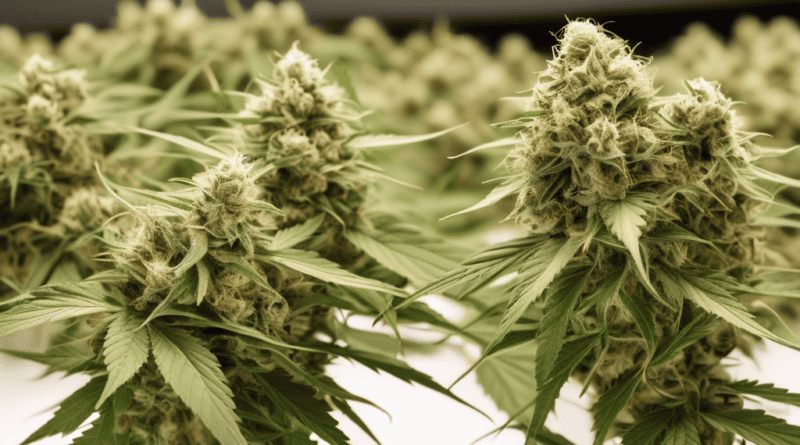Rescheduling and Public Support for Cannabis Reform in the United States: A Comprehensive Overview
Rescheduling and Public Support for Cannabis Reform
Public Opinion and Legal Landscape
The conversation around cannabis reform in the United States is shifting dramatically, with public support for legalization reaching remarkable levels. According to recent data, around nine-in-ten Americans (88%) believe that marijuana should be legal for medical or recreational use, with a significant portion (57%) advocating for both. This wave of support is mirrored by state-level changes, where, as of March 2024, 24 states and the District of Columbia have legalized small amounts of marijuana for both purposes. An additional 14 states have sanctioned it exclusively for medical use.
Such public sentiment is influencing federal actions. The U.S. Drug Enforcement Administration (DEA) issued a Notice of Proposed Rulemaking (NPRM) on May 16, 2024, suggesting the rescheduling of marijuana from Schedule I to Schedule III under the Controlled Substances Act. The recommendation by the U.S. Department of Health and Human Services (HHS) to reschedule cannabis underscores its acknowledged medical value and reduced potential for abuse.
Federal Initiatives and Legislative Efforts
The potential rescheduling of marijuana marks a significant move by the Biden-Harris administration towards comprehensive cannabis reform. Members of Congress have commended this initiative, considering it a progressive step towards decriminalization and improving financial services for state-legal marijuana enterprises. The rescheduling precedes broader changes anticipated in the reintroduced *Cannabis Administration and Opportunity Act* (S. 4226) by Senators Schumer, Wyden, and Booker. This legislation aims to decriminalize marijuana, remove it from the Controlled Substances Act, and establish an overarching federal regulatory system.
Further public engagement is expected through a high volume of comments on the DEA’s proposed rescheduling, with a deadline for feedback set on July 22, 2024. This proposal and subsequent public discourse underscore the economic and social reverberations of marijuana legalization. A majority of Americans (52%) recognize the economic benefits, and 42% believe it contributes to a fairer criminal justice system.
However, some aspects remain contentious, particularly concerns about community safety and the potential impact on the use of other drugs. Opinions are divided, with 21% suggesting increased community safety from legalization against 34% who disagree. Similarly, views differ on whether legal marijuana influences the use of other drugs, with 27% seeing a decrease and 29% predicting an increase.
Moreover, beyond the legalization spectrum, Americans express strong support for leniency towards those currently facing marijuana-related penalties. A substantial majority advocates for releasing individuals incarcerated solely for marijuana offenses (two-thirds of Americans) and expunging marijuana-related criminal records (61%). These perspectives reflect a broader societal shift towards re-evaluating past policies and prioritizing restorative justice.

